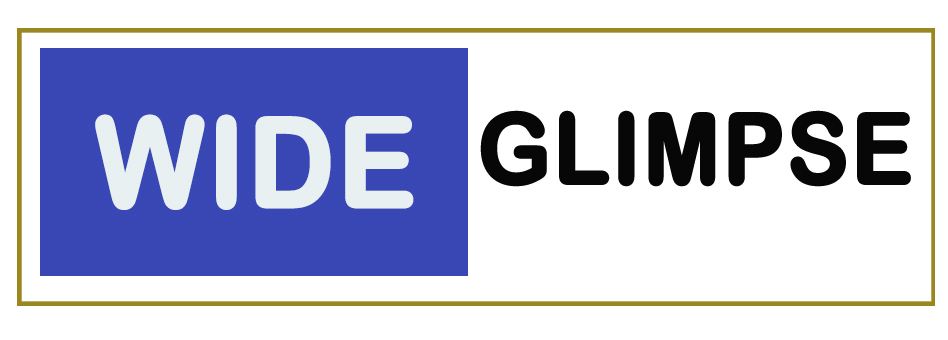Top 5 web hosting for 2024


Table of Contents
Introduction:
When it comes to establishing a robust online presence, selecting the right web hosting service is pivotal. The market offers a plethora of options, each with its unique features and offerings. In this guide, we’ll delve into an in-depth comparison of five prominent web hosting providers—Hostinger, Bluehost, GoDaddy, Host Armada, and IONOS—to help you make an informed decision based on your specific needs and preferences.
I. Understanding web Hosting Essentials
A. Display Technologies: Exploring Panel Types and Resolutions
To establish a strong foundation, it’s essential to comprehend the basic components and features offered by web hosting providers. These include server types, storage options, bandwidth allocation, and security protocols. Hostinger, Bluehost, GoDaddy, Host Armada, and IONOS each have their unique setups catering to diverse user requirements.
B. Refresh Rates and Response Times: Unraveling Their Importance
Similar to refresh rates in gaming monitors, uptime and server response times play a crucial role in hosting services. We’ll examine the reliability and speed offered by these providers to ensure your website stays accessible and responsive.
II. Key Features Comparison
A. Adaptive Sync Technologies: G-Sync vs. FreeSync
The providers differ in their hosting plans and pricing structures. We’ll compare and contrast the various plans, highlighting the essential features, including performance, scalability, customer support, and pricing models.
B. HDR Capabilities: Elevating Visual Quality
Security measures and additional features like SSL certificates, backups, and customer support responsiveness often differentiate these services. We’ll explore the security measures and support options offered by each provider to help you make an informed decision.
C. Connectivity and Ergonomics: Factors Beyond Display Quality
The user interface, ease of use, and additional tools provided by these hosting services can significantly impact your website’s management and optimization. We’ll dive into the user experience and available tools to assist you in choosing the most user-friendly and efficient platform.
III. Ranking the Top Web Hosts
- Hostinger: Blazing Speeds and Affordability
Hostinger earns the top spot for its impressive performance, budget-friendly plans, and robust customer support. With a user-friendly interface and stellar uptime, Hostinger is a solid choice for both beginners and experienced users. - Bluehost: Reliable Hosting with Enhanced Security
Bluehost stands out for its reliable hosting, WordPress integration, and strong security features. Its user-friendly interface and scalability make it an excellent choice for small to medium-sized websites. - GoDaddy: All-in-One Solution with Varied Offerings
GoDaddy offers a wide range of services beyond hosting, including domain registration and website builders. Its ease of use and diverse offerings cater to users seeking an all-in-one solution. - Host Armada: Focus on Performance and Support
Host Armada impresses with its emphasis on performance, security, and proactive customer support. Although relatively newer, it has gained recognition for its solid performance and feature-rich plans. - IONOS: Feature-Rich Hosting for Professionals
IONOS focuses on providing feature-rich plans suitable for professionals and businesses. With robust security measures and scalable options, it caters to users seeking comprehensive hosting solutions.
IV. Conclusion
A. Navigating Your Hosting Journey: Choosing the Ideal Provider
In conclusion, the best web hosting service depends on your specific requirements, whether it’s budget, performance, ease of use, or additional features. By assessing the key aspects and our ranking, you can make an informed decision tailored to your website’s needs.
V. Frequently Asked Questions (FAQs)
Q1: What factors should I consider when choosing a web hosting service?
A1: Key factors include uptime, server speed, security features, customer support, scalability, pricing, and user-friendliness.
Q2: Do these hosting providers offer website migration services?
A2: Yes, most providers offer website migration services, either for free or at an additional cost. Check with the specific provider for details.
Q3: Are there any hidden costs I should be aware of when signing up for hosting plans?
A3: Some providers may have hidden costs, such as introductory rates that increase upon renewal or additional charges for add-on services. Always review the terms and conditions carefully before signing up.
Q4: Can I upgrade my hosting plan as my website grows?
A4: Yes, most hosting providers offer scalable plans allowing you to upgrade as your website traffic and needs increase.
Q5: What level of customer support do these providers offer?
A5: The level of customer support varies among providers, including 24/7 live chat, phone support, ticket-based systems, and knowledge bases. Evaluate the support options offered by each provider to find one that suits your preferences.
By considering these FAQs, you can gain further insights into selecting the most suitable hosting service for your website.
In essence, choosing the best web hosting service entails a thorough understanding of your website’s needs and aligning them with the features and offerings provided by the hosting providers. Whether it’s Hostinger’s affordability, Bluehost’s reliability, GoDaddy’s all-in-one solutions, Host Armada’s performance focus, or IONOS’s feature-rich plans, there’s a hosting service tailored to meet your specific requirements and preferences.



